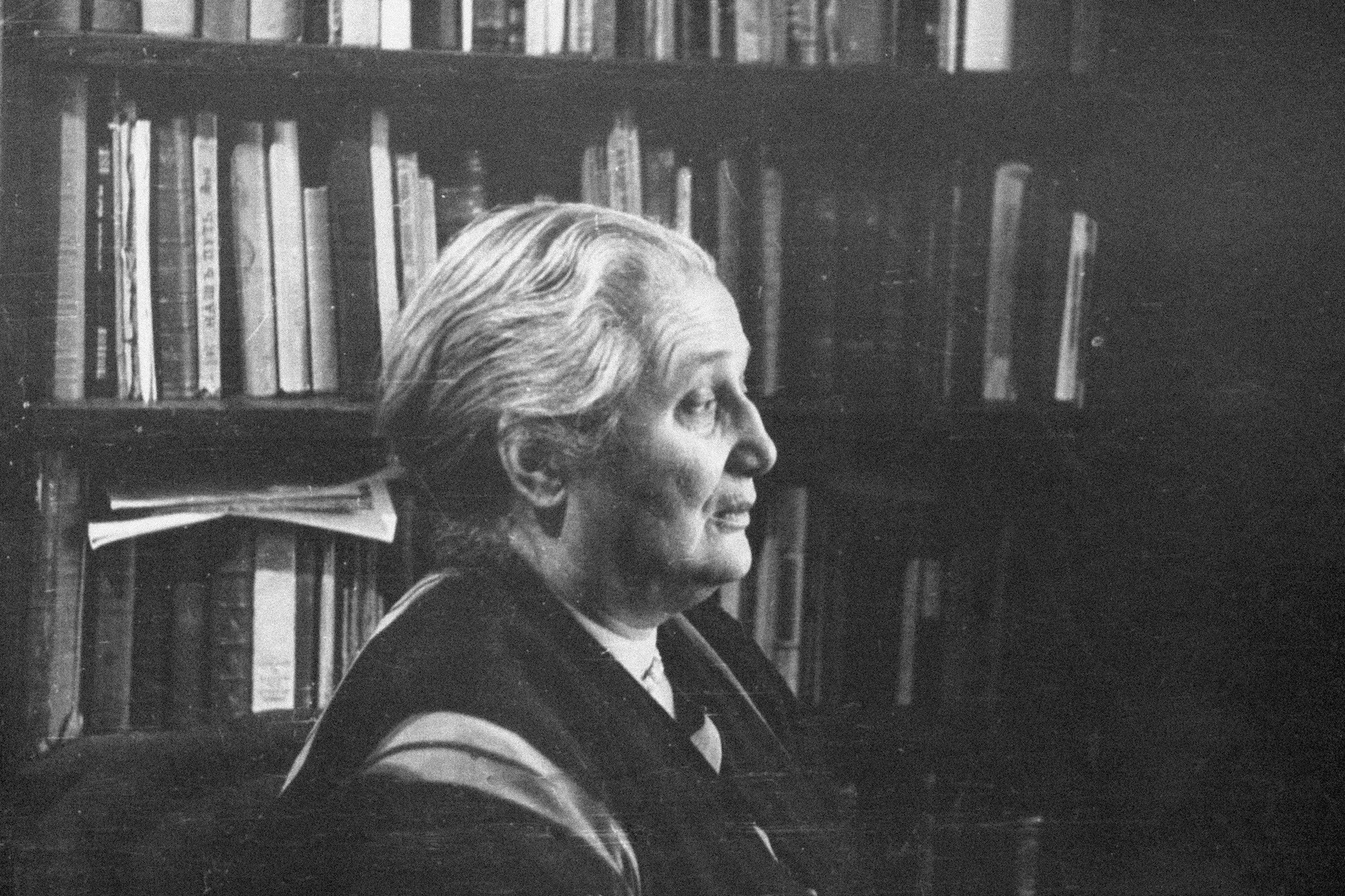Erik Varden cita el poema de hoy, aunque en otra traducción, en "The Shattering of Loneliness: On Christian Remembrance", cuando comenta estas palabras de Jesús: "Acordaos de la mujer de Lot. Todo el que procure salvar su vida, la perderá; y todo el que la pierda, la salvará."
Un fragmento de su comentario: "In Luke’s Gospel, Christ speaks of those who have left ‘house or wife or brothers or parents or children for the sake of the kingdom of God’ (18.29). To perform such a departure causes suffering, not only to oneself, but to others, whom one would hate to hurt. Many who construct their lives in response to God’s call can testify to what Lot’s wife knew: that to follow ‘God’s shining agent’ may come at a cost that seems unbearable. Her nostalgia should touch our heart (...) Akhmatova sees Lot’s wife’s future offered up to her past. This bestows on the turning-round a conscious, sacrificial dimension. Having lost a world she loved, the poet knew what that meant. To acknowledge the nobility of Lot’s wife’s final gesture, to honour the oblation it spells, is not to condone her incomplete conversion. But it is, perhaps, to begin to understand it."
 |
| (via) |
LOT'S WIFE
The just man followed then his angel guide
Where he strode on the black highway, hulking and bright;
But a wild grief in his wife’s bosom cried,
Look back, it is not too late for a last sight
Of the red towers of your native Sodom, the square
Where once you sang, the gardens you shall mourn,
And the tall house with empty windows where
You loved your husband and your babes were born.
She turned, and looking on the bitter view
Her eyes were welded shut by mortal pain;
Into transparent salt her body grew,
And her quick feet were rooted in the plain.
Who would waste tears upon her? Is she not
The least of our losses, this unhappy wife?
Yet in my heart she will not be forgot
Who, for a single glance, gave up her life.


No hay comentarios:
Publicar un comentario